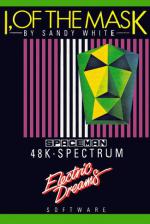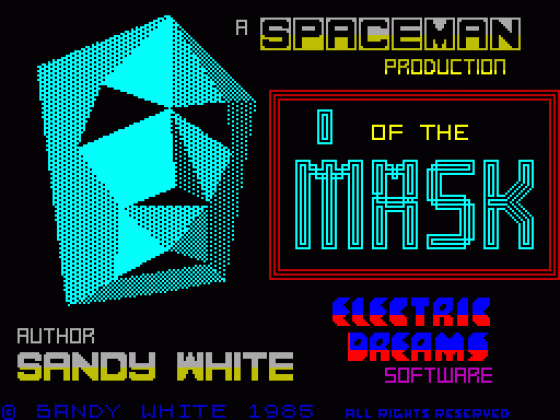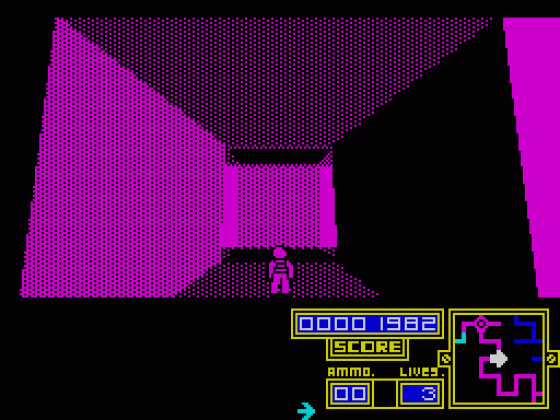Other Reviews Of I, Of The Mask For The Spectrum 48K
I Of The Mask (Electric Dreams)
A review by Alison Hjul (Your Sinclair)
I, Of The Mask (Electric Dreams)
A review
I, Of The Mask (Electric Dreams)
A review by Chris Bourne (Sinclair User)
I, Of The Mask (Electric Dreams)
A review
I Of The Mask (Electric Dreams)
A review


 1st December 1985
1st December 1985











